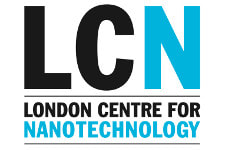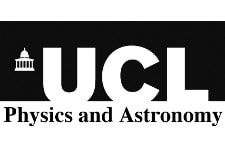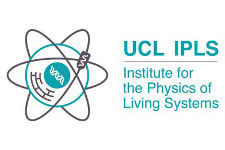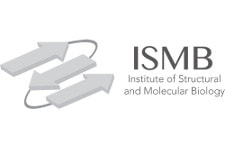Following Richard Feynman’s famous advice on nanotechnology, our biophysics research lab at University College London (UCL) finds solutions for biological problems by just looking at the thing. We use advanced microscopy techniques to discover how biological molecules interact which each other and self-organise to collectively carry out tasks that are important for health and disease, with atomic force microscopy (AFM) as our favourite tool. Given the spread and depth of expertise needed for our research, we carry out most of our work in tight collaborations with other laboratories with complementary skills. This collaborative approach is further enhanced by our participation in the following departments and institutes at University College London.




